Introduction to Pedra do Telégrafo
Perched high above the coastline of Rio de Janeiro, Pedra do Telégrafo has become a must-visit destination for travelers seeking both adventure and unforgettable photographs. This iconic rock formation offers panoramic vistas, an invigorating hike, and the opportunity to capture one of Brazil’s most viral images—the illusion cliff photo. The journey to this spot is as memorable as the view itself, with lush forests, diverse wildlife, and the hum of ocean breezes accompanying every step.
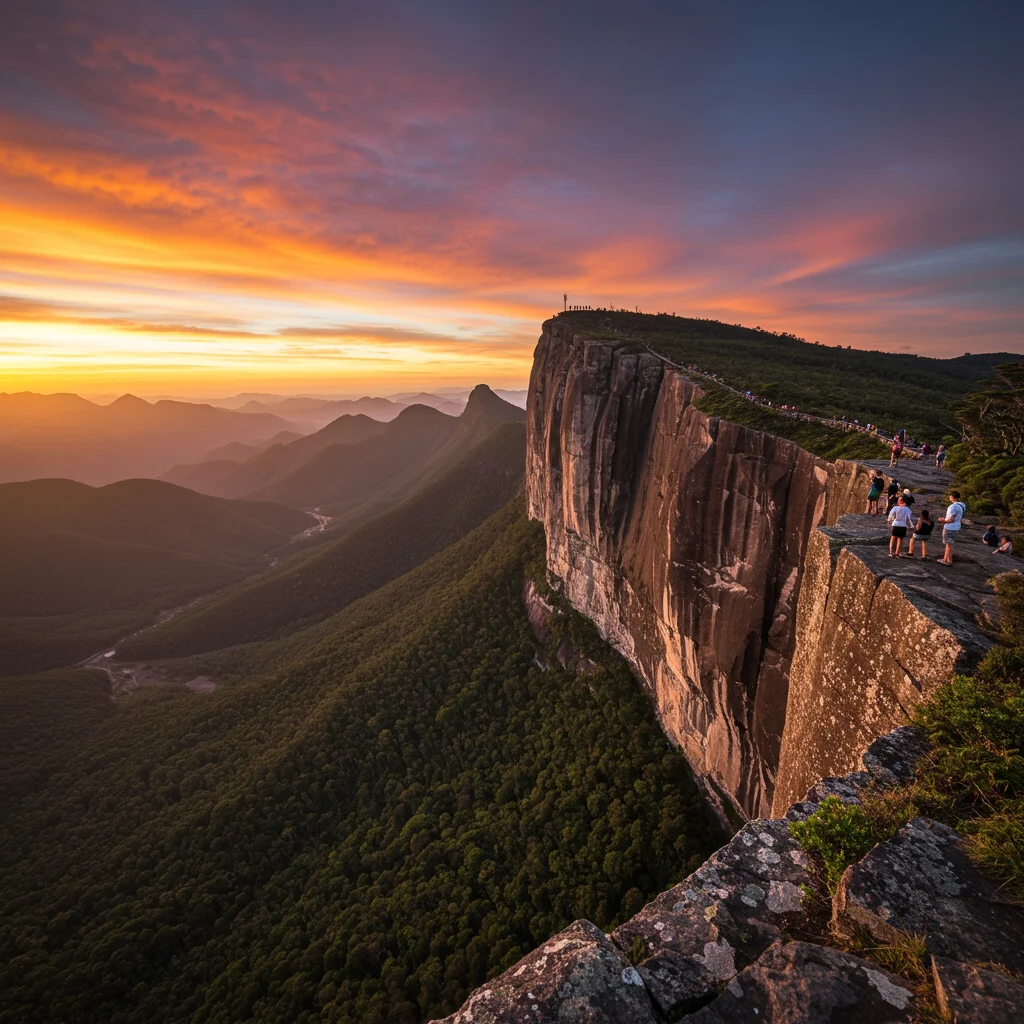
Known for its dramatic scenery and social media fame, Pedra do Telégrafo draws visitors from around the globe. Let’s uncover what makes this site so captivating, how to experience it safely, and why it has captured the imagination of so many.
What Makes Pedra do Telégrafo Famous?
The main draw of Pedra do Telégrafo lies in its unique ability to create heart-stopping photographs that appear to defy gravity. The cliff’s shape and clever camera angles produce the illusion that visitors are hanging off a perilous precipice, suspended above a vast drop. In reality, the drop is far less severe than it seems, but the resulting images are both thrilling and photogenic.
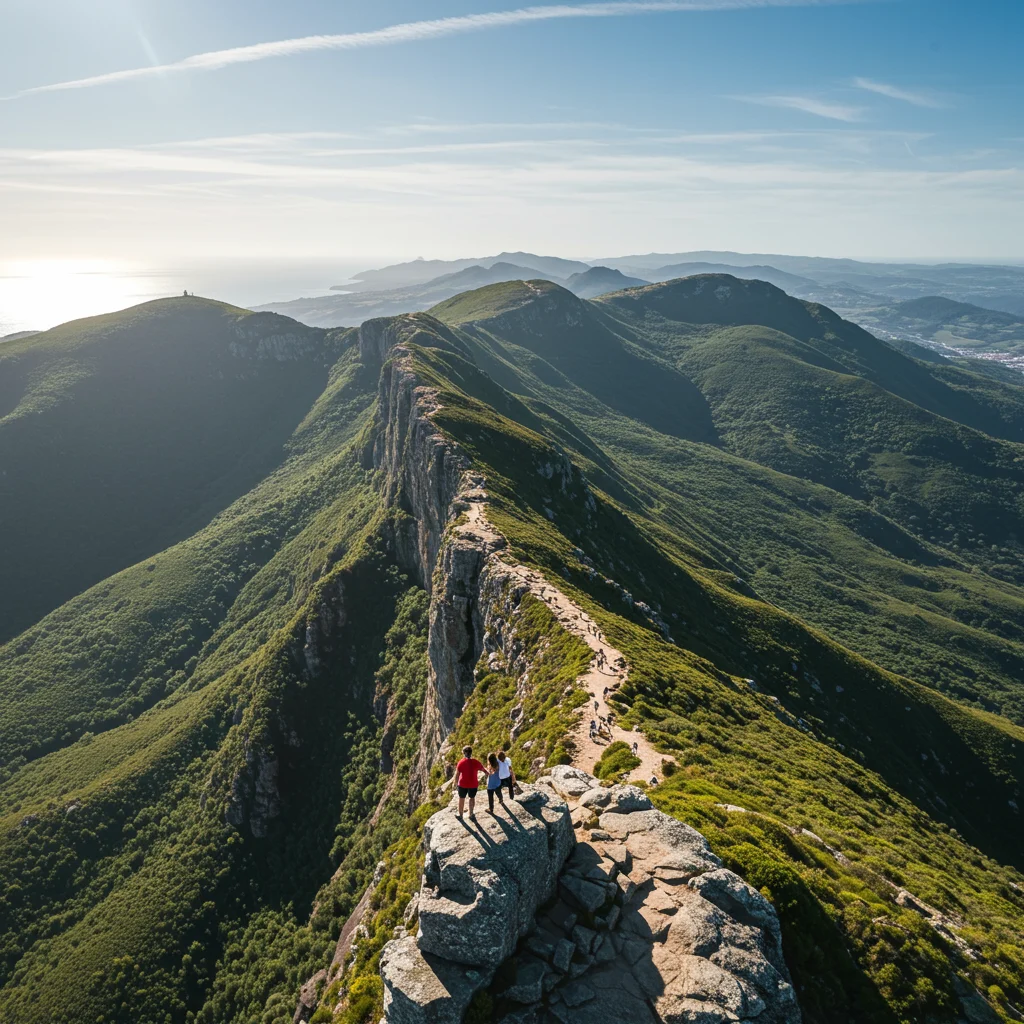
Beyond the photo opportunity, the site is cherished for its sweeping views of the Atlantic Ocean, forested hills, and the golden beaches of Barra de Guaratiba. This combination of adventure and natural beauty has earned Pedra do Telégrafo a place among Brazil’s top outdoor attractions.
Where Is Pedra do Telégrafo Located?
Pedra do Telégrafo is situated in the western zone of Rio de Janeiro, within the neighborhood of Barra de Guaratiba. The rock is part of the Pedra Branca State Park, a protected area known for its rich biodiversity and scenic trails.
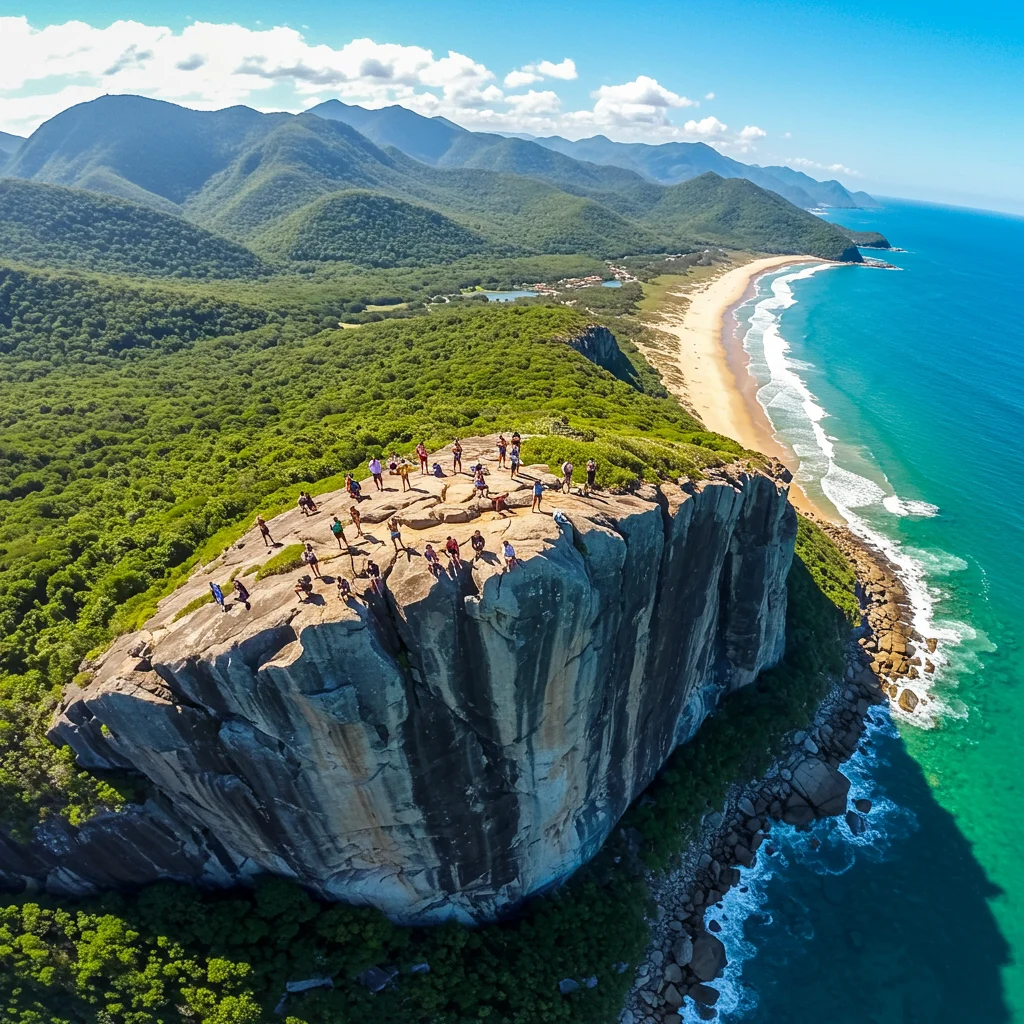
The site is roughly 56 kilometers from downtown Rio, making it a feasible day trip for those staying in the city. Its location offers a peaceful retreat from the urban bustle, with the sounds of nature replacing the noise of traffic and crowds.
History of Pedra do Telégrafo
The story of Pedra do Telégrafo is steeped in local lore and historical significance. While its rise to fame is recent, its origins trace back to a very different era in Brazil’s past.
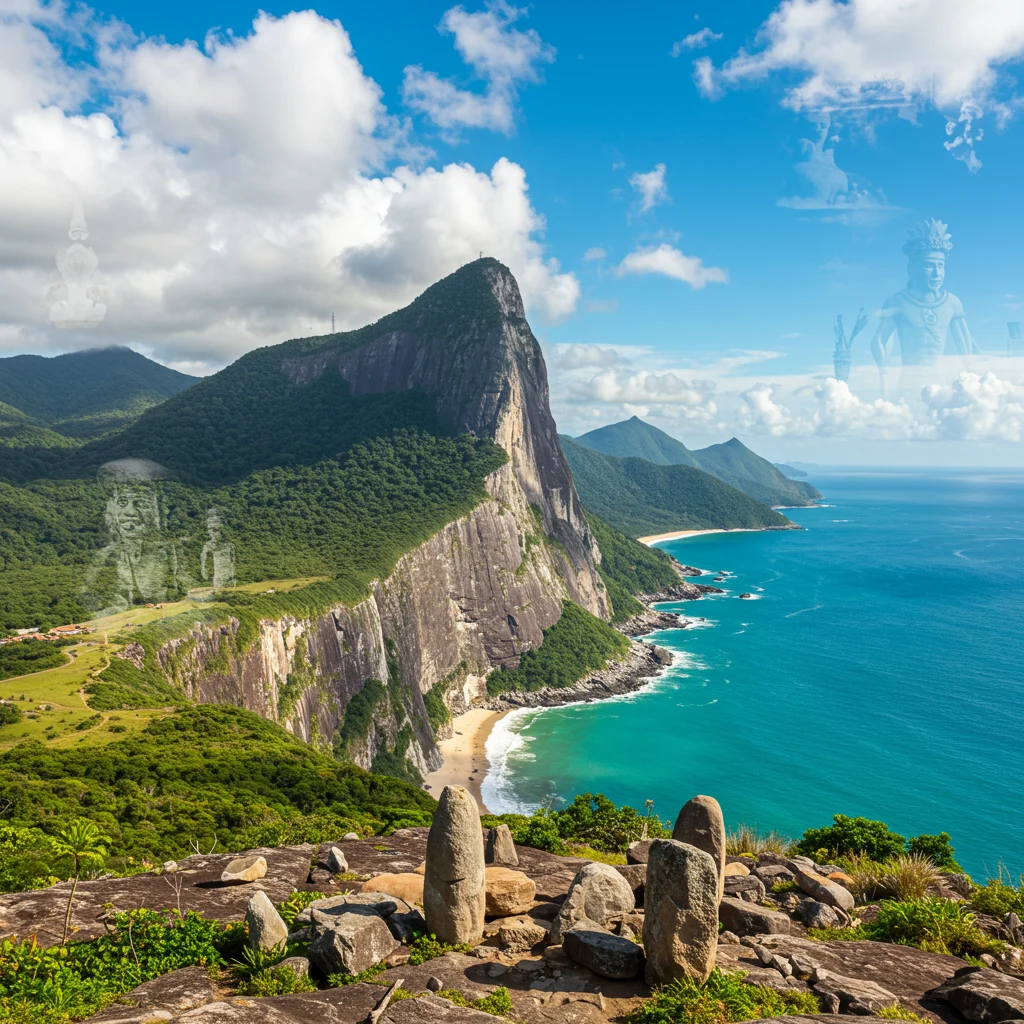
How Did Pedra do Telégrafo Get Its Name?
The name “Pedra do Telégrafo” translates to “Telegraph Rock.” This title harks back to World War II, when the site was used as a military lookout. At the time, a telegraph station operated in the region, monitoring the coast for enemy ships and relaying vital messages.
Although the telegraph equipment is long gone, the name endures—serving as a reminder of the rock’s strategic importance in a bygone era.
Historical Significance in Rio de Janeiro
Pedra do Telégrafo played a crucial role in coastal defense during periods of conflict. Soldiers stationed here maintained a constant watch over the Atlantic, using the vantage point to safeguard the city and its shipping lanes.
Today, visitors can reflect on this history while enjoying the peaceful surroundings, just as travelers to other historically rich sites—like those detailed in our post about unmissable tourist places in Cusco—often find a blend of past and present woven into the experience.
The Rise of the Illusion Cliff Photo Trend
In recent years, Pedra do Telégrafo has gained worldwide attention, not for its strategic significance, but for the viral photographs snapped atop its iconic ledge. This trend has transformed the site from a local secret into a global sensation.
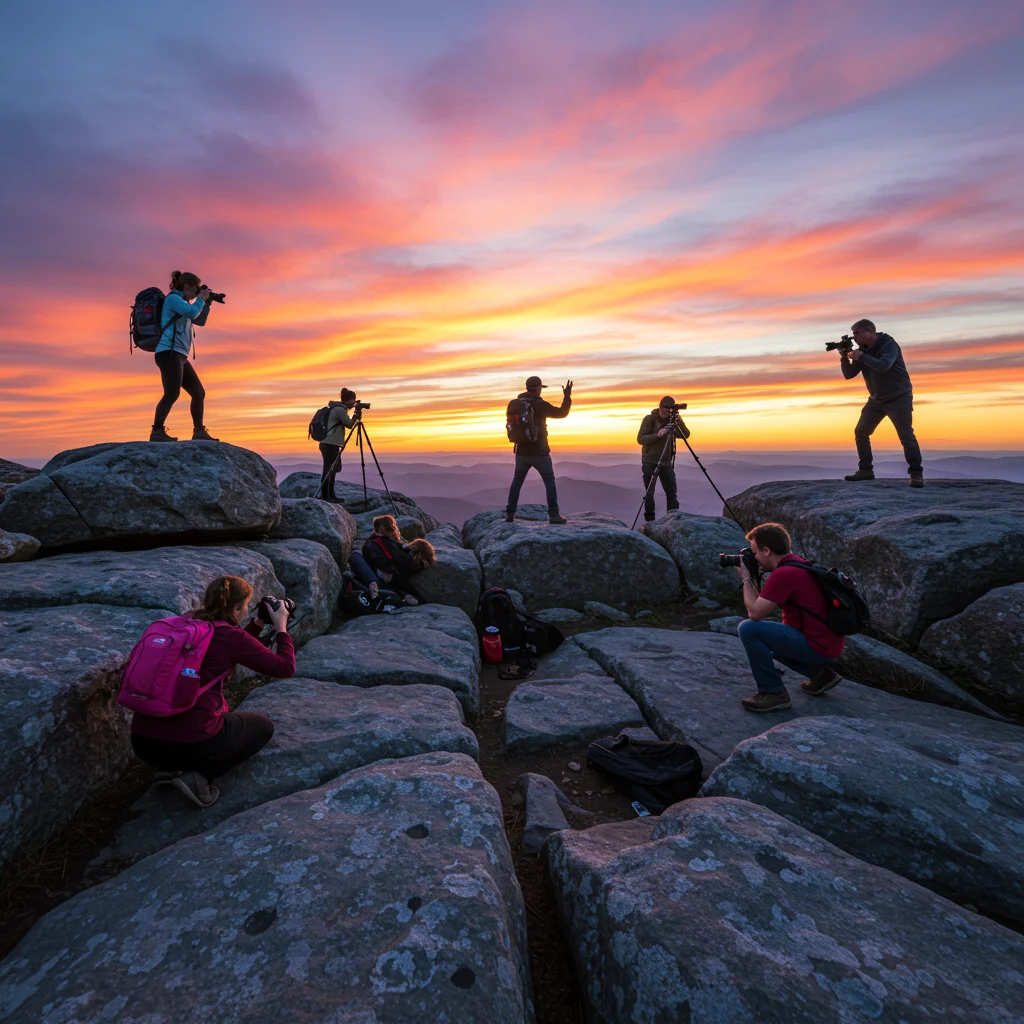
How Did the Illusion Cliff Photo Go Viral?
The illusion cliff photo began as a curiosity among hikers and local adventurers. Early visitors experimented with camera angles, quickly realizing that the rock’s shape could create the impression of a dramatic drop-off.
As these daring photos spread online, travelers from across Brazil—and soon, the world—flocked to the site, eager to recreate the illusion for themselves.
Social Media’s Role in Popularity
Platforms like Instagram and Facebook played a pivotal role in catapulting Pedra do Telégrafo into the spotlight. Hashtags, location tags, and viral challenges encouraged millions to share their own versions of the illusion.
The trend echoes the global enthusiasm for visually striking destinations, similar to the buzz seen around natural wonders such as those covered in our guide to whale watching tours in Anacortes, where the interplay of nature and photography creates lasting memories.
Understanding the Illusion: What’s Really Happening?
Although the photos look perilous, the reality behind the images is far safer than it appears. Understanding the mechanics of the illusion can help visitors approach the experience with confidence.

How Is the Cliff Photo an Optical Illusion?
The famous photo works by positioning the camera below the subject and angling it upward. This hides the ground immediately beneath the rock and frames the ocean or forest far below, making it seem as though the subject is hanging over a sheer cliff.
The rock itself juts out horizontally, but the actual drop is just a few feet—close enough for most people to step down safely after their photo is taken.
Is Pedra do Telégrafo Really Dangerous?
Despite appearances, the site is not as treacherous as social media suggests. While caution is always necessary, especially near any ledge, the area is widely considered safe for careful visitors. There are no sheer drops beneath the photo spot, and local guides are often present to help guests pose securely.
Behind the Scenes: The Actual Setup
Visitors often wait their turn for a photo, with some bringing props or costumes for flair. The atmosphere is friendly and communal, with fellow hikers offering tips and encouragement.
As experts often say:
“Sometimes, the most memorable moments are created not by what we see, but by how we choose to see it.”
The Best Time to Visit Pedra do Telégrafo
Timing your visit can make all the difference in your experience at Pedra do Telégrafo. Weather, crowds, and natural light all play a role in shaping your adventure.
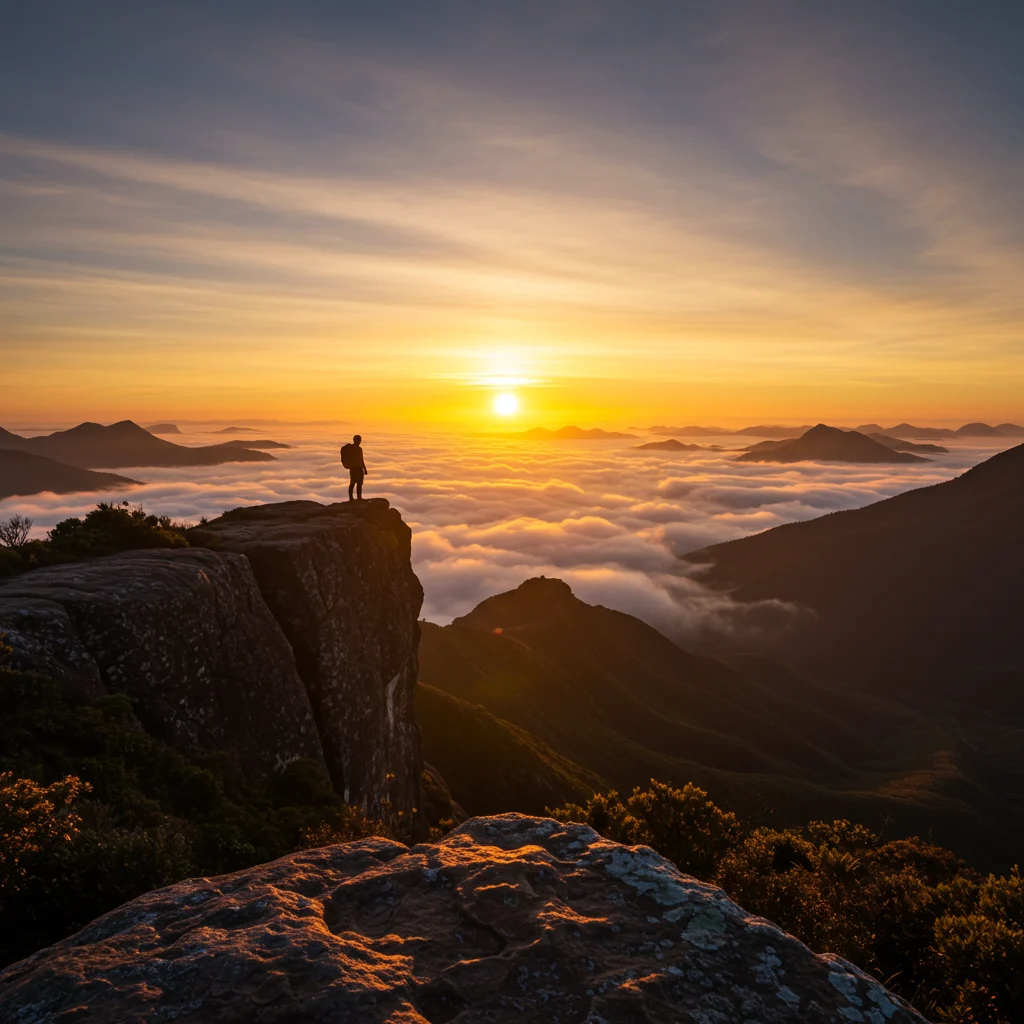
Which Months Offer the Best Weather?
The most favorable months for visiting are from May to September, when Rio de Janeiro experiences its dry season. During this period, skies are typically clear, humidity is lower, and the risk of rain is minimal—perfect conditions for hiking and photography.
If you enjoy combining nature with adventure, you might also appreciate destinations like those featured in our Andes Range tour to Inca Lagoon, where weather plays a key role in the experience.
Best Days and Times for Avoiding Crowds
Weekends and holidays draw the largest crowds, with lines forming early for the illusion photo. For a quieter visit, we recommend arriving on a weekday, just after sunrise. The soft morning light enhances the scenery and allows for cooler, more comfortable hiking conditions.
Late afternoons can also be pleasant, but be mindful of sunset times to avoid descending the trail in the dark.
How to Get to Pedra do Telégrafo
Reaching Pedra do Telégrafo requires some planning, as it sits outside central Rio. Multiple transport options are available, each with its advantages.

Directions from Downtown Rio de Janeiro
From downtown, the fastest route is by car or taxi, which takes about 90 minutes depending on traffic. The drive follows the coastline, passing through scenic neighborhoods and offering glimpses of the ocean along the way.
Public Transportation Options
For those relying on public transit, buses connect central Rio to Barra de Guaratiba. The journey is longer—typically two to three hours—but provides a cost-effective way to reach the trailhead. From the final stop, visitors can walk or hire a moto-taxi for the last stretch.
Driving and Parking Tips
If you choose to drive, parking is available near the trailhead, though spaces fill quickly on busy days. Arriving early increases your chances of finding a spot close to the start of the hike.
Be sure to bring cash for parking fees and keep valuables out of sight in your vehicle.
The Hiking Experience
The journey to Pedra do Telégrafo’s summit is an adventure in itself, offering a blend of physical challenge and natural beauty. The trail is well-marked but requires a moderate level of fitness.
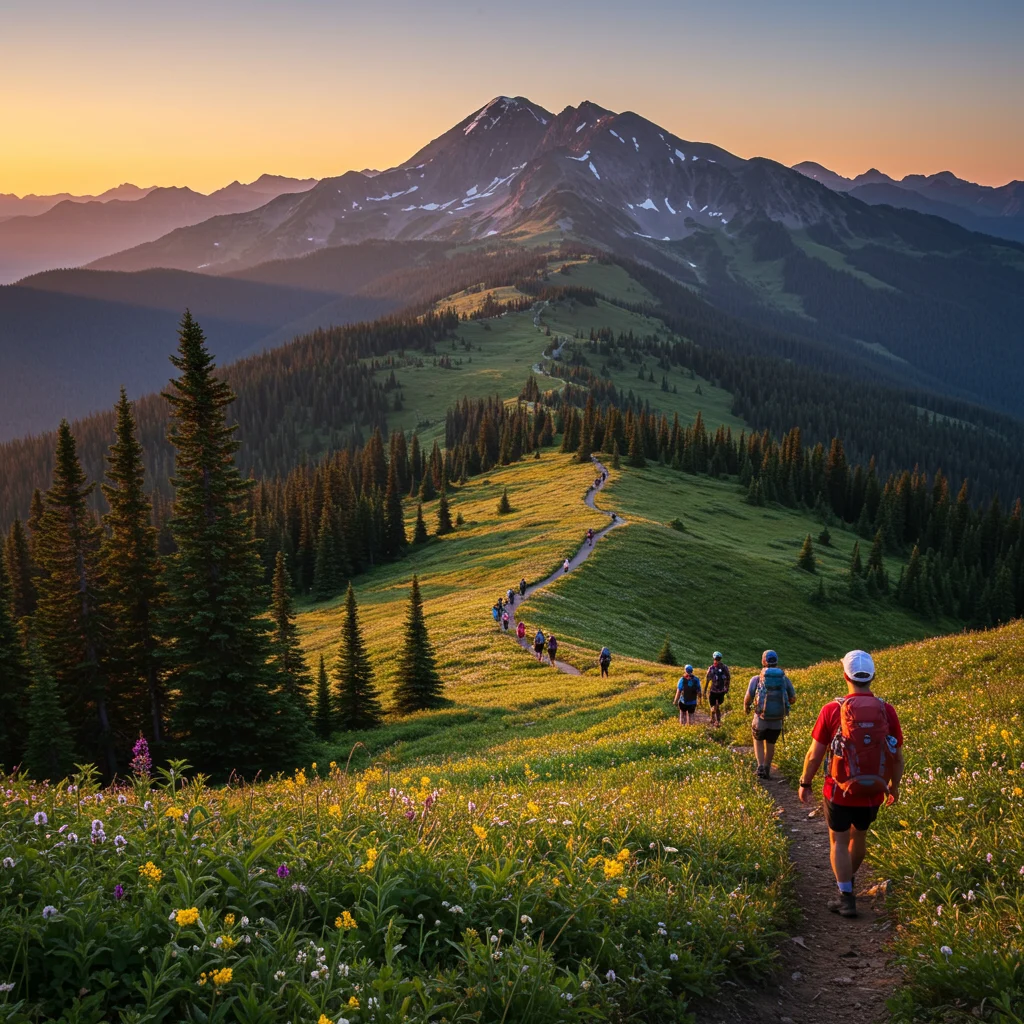
How Difficult Is the Hike?
The hike is considered moderate, with some steep and rocky sections. Most visitors complete the ascent in 45 to 90 minutes, depending on pace and fitness level. The path winds through dense forest, with occasional openings revealing sweeping views of the coastline.
Trail Length and Duration
The main trail is approximately 3.5 kilometers (2.2 miles) each way. Expect to spend between two and three hours on the round trip, including time for photos and rest breaks at the top.
What Should You Bring for the Hike?
Preparation is key for a comfortable hike. We suggest packing:
- Plenty of water
- Sunscreen and insect repellent
- Snacks or light food
- Comfortable walking shoes with good grip
- Hat or sunglasses for sun protection
- Lightweight rain jacket (during the wet season)
A small backpack will help keep your hands free for the steeper sections.
Safety Tips for Hikers
Safety should always come first, especially when hiking in unfamiliar terrain. Basic precautions and the right gear can make your experience both enjoyable and secure.
Essential Gear Checklist
Carry a fully charged phone, a map or GPS device, and a small first aid kit. Consider bringing a power bank and extra camera batteries to capture every moment at the summit.
Weather Considerations for Hikers
Check the forecast before setting out. Rain can make the trail slippery and reduce visibility at the top. If storms are predicted, reschedule your hike for another day.
Navigating the Trail Safely
Stick to marked paths and watch your footing on rocky sections. Hike with a companion if possible, and let someone know your plans before you go. Early morning is safest, as daylight ensures clear visibility.
For those who enjoy exploring natural areas on foot, our post about traveling from San Juan to El Yunque Rainforest offers additional hiking advice in tropical environments.
Wildlife and Flora Along the Trail
One of the joys of hiking to Pedra do Telégrafo is the chance to experience the region’s vibrant biodiversity. The trail winds through preserved Atlantic Forest, home to a variety of animals and plants.

What Animals Might You Encounter?
Keep an eye out for playful marmosets, colorful birds like toucans and parrots, and the occasional lizard basking in the sun. Butterflies and insects flit through the undergrowth, adding bursts of color to the green canopy.
Unique Plants and Scenery
The area boasts lush ferns, bromeliads clinging to tree trunks, and the sweet scent of native flowers. In the rainy season, the forest feels especially alive, with mist rising from the leaves and the sound of distant waterfalls echoing through the trees.
Arriving at the Summit: What to Expect
Reaching the top of Pedra do Telégrafo is a moment to savor. The summit offers more than just the famous illusion photo—it’s a place to pause, breathe, and take in the grandeur of Rio’s western coast.
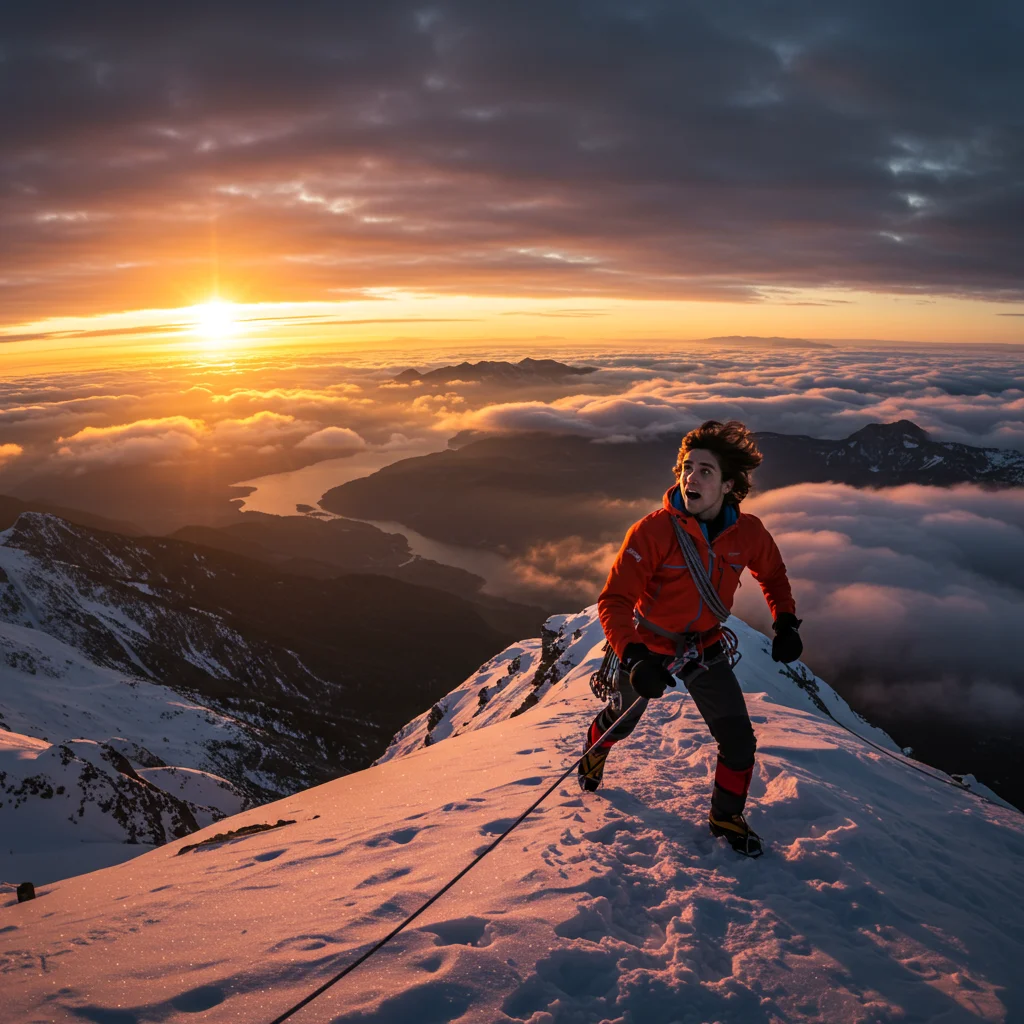
Panoramic Views from the Top
From the summit, visitors are treated to sweeping 360-degree vistas. The shimmering Atlantic stretches to the horizon, while rolling hills and golden beaches curve along the coastline. On clear days, you can see as far as the city’s distant skyscrapers and iconic landmarks.
Other Photo Opportunities at the Summit
Besides the illusion ledge, several other rocks and viewpoints provide excellent backdrops for photos. Capture candid moments, wide-angle landscapes, or portraits with the forest below. The ever-changing light means no two photos are alike.
How to Take the Perfect Illusion Cliff Photo
Achieving the iconic photo is easier than it looks, with a little preparation and creativity. The most striking images combine smart camera work with a sense of fun and adventure.
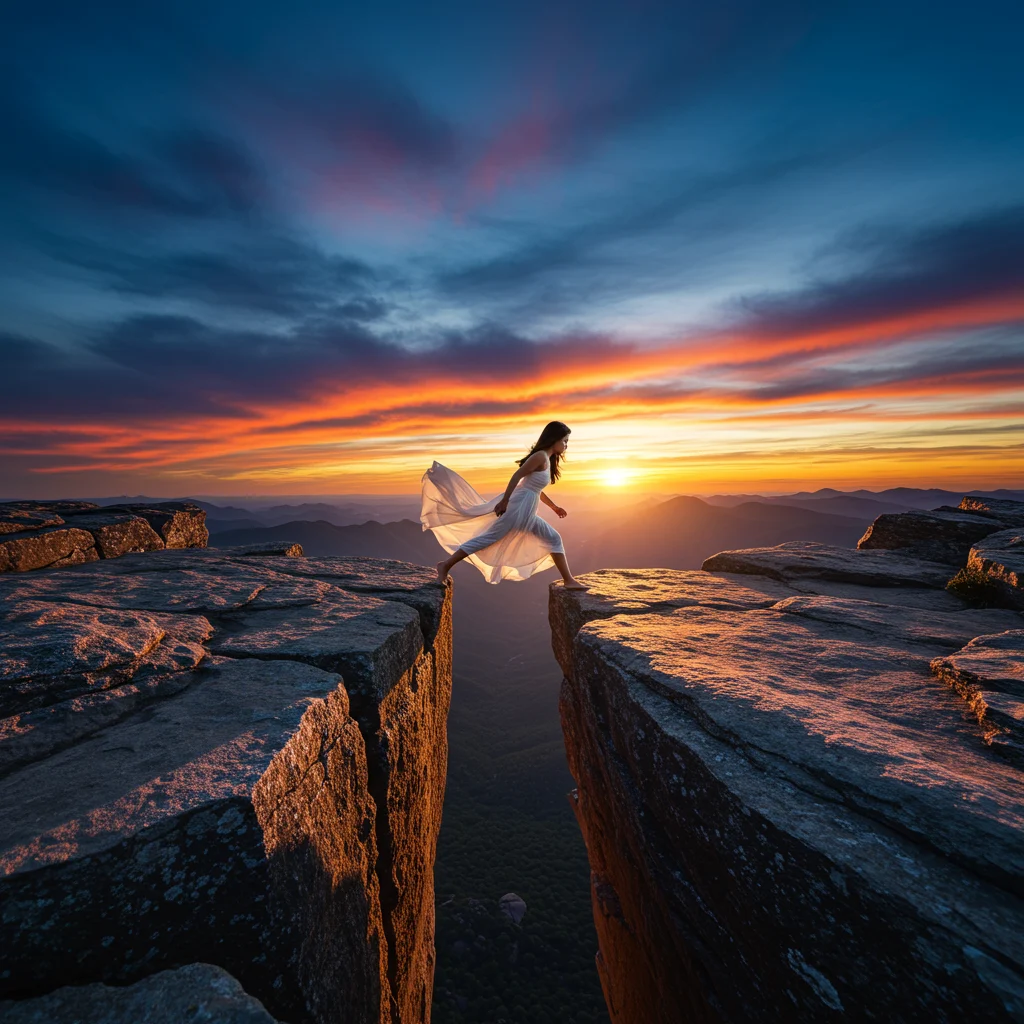
Best Angles for the Illusion
Position the camera below the rock, angled upward to hide the ground and frame the ocean or valley in the background. Experiment with different heights and distances to find the most convincing illusion.
Camera and Smartphone Settings
Use a wide-angle lens or set your phone to panorama mode for dramatic effect. Adjust exposure to keep the sky bright but not overexposed, and enable HDR for richer colors.
Tips for Solo Travelers
If traveling alone, ask a fellow hiker to take your photo, or use a tripod with a remote shutter. Be friendly—many visitors are happy to help each other capture the perfect shot.
What Should You Wear for the Photo?
Choose bright, solid colors that stand out against the natural backdrop. Comfortable, flexible clothing is best for posing on the rock. Avoid dark shades that blend into the scenery.
Popular Poses and Creative Ideas
While the classic dangling pose is always popular, there are countless ways to personalize your photo at Pedra do Telégrafo.

How to Make Your Photo Stand Out
Try jumping, reaching, or pretending to climb the rock for a playful effect. Props like hats, scarves, or small flags add a unique touch. Think outside the box and let your personality shine.
Group Photos: Coordinating with Friends
Group shots require coordination but can be especially memorable. Plan your poses ahead of time, and use staggered positions to fit everyone in the frame. Remember to take turns so each friend gets their moment in the spotlight.
Editing and Sharing Your Pedra do Telégrafo Photo
Once you’ve captured your photo, a few simple edits can make it pop before sharing it online. Attention to detail helps your image stand out in busy social media feeds.
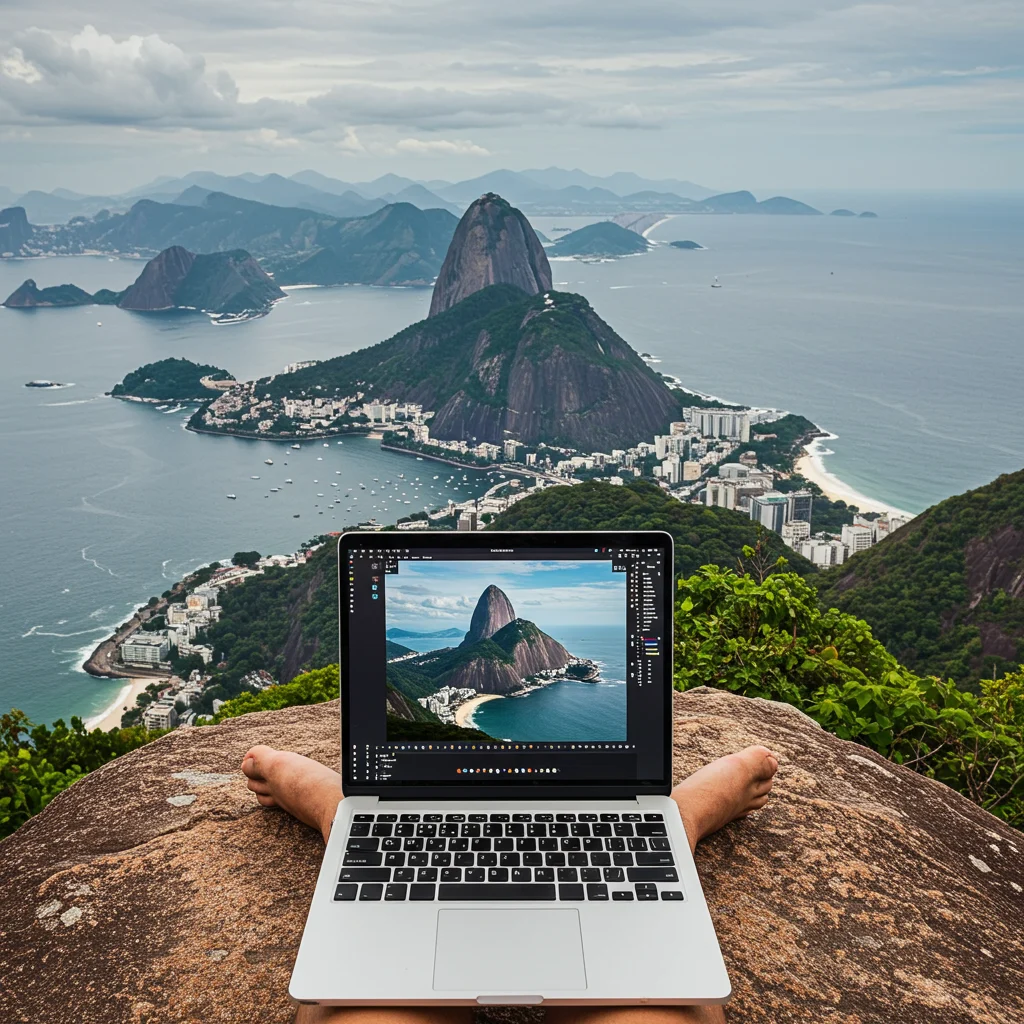
Recommended Photo Editing Apps
Popular apps like Lightroom, VSCO, and Snapseed allow for easy color correction, cropping, and enhancement. Use filters sparingly to maintain a natural look, and adjust brightness or contrast to highlight the scenery.
Best Hashtags for Social Media
Including hashtags such as #PedraDoTelegrafo, #RioDeJaneiro, and #BrazilAdventure can boost your post’s visibility. Combine location-specific and general travel tags for best results.
Tagging Locations and Attracting Engagement
Always tag Pedra do Telégrafo as your location and mention nearby attractions or cities. Engaging captions and stories help connect with fellow travelers and inspire others to visit.
For those seeking inspiration for other photogenic destinations, we suggest reading about the Chichen Itza, Cenote, and Valladolid tour, which also offers ample opportunities for stunning travel photography.
Is Pedra do Telégrafo Safe for Families and Children?
Many families visit Pedra do Telégrafo each year, drawn by the adventure and the promise of memorable photos. With some preparation and supervision, the site can be enjoyed by visitors of all ages.
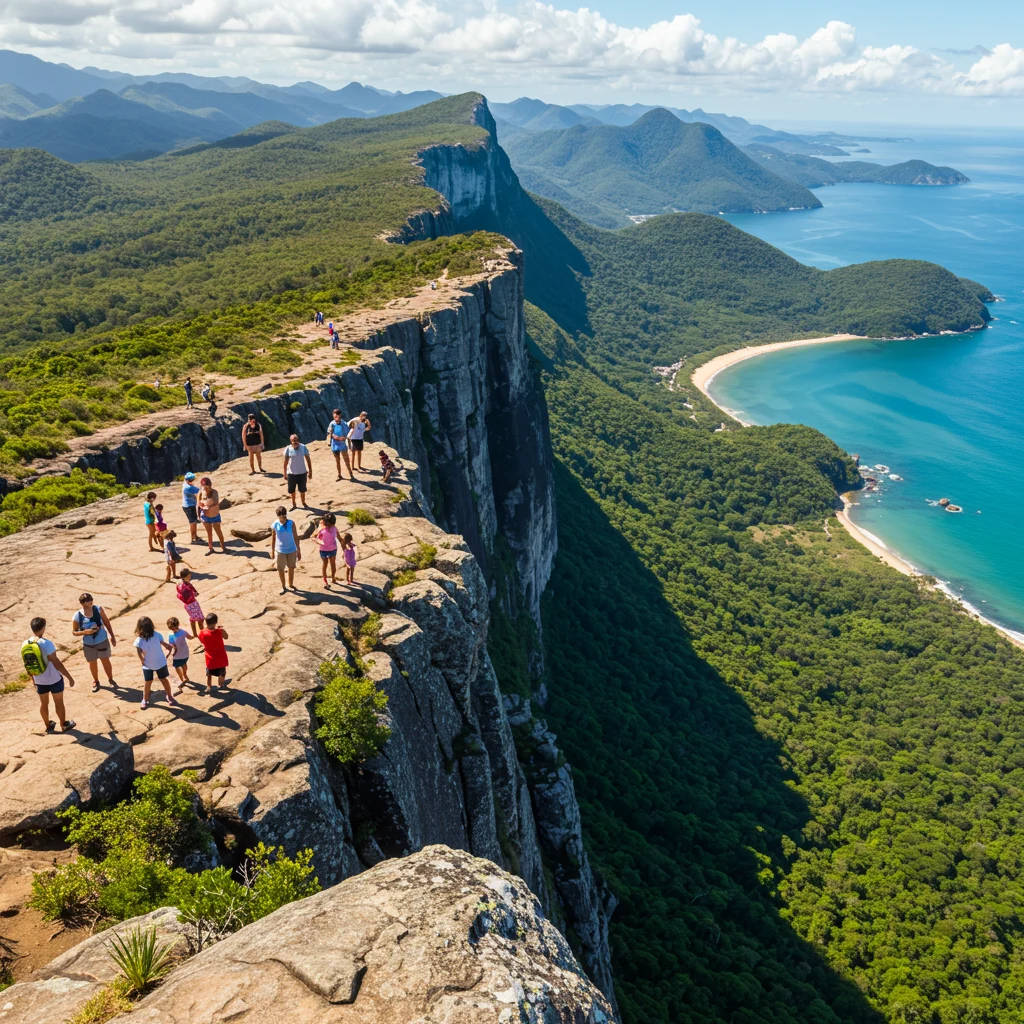
Precautions for Kids and Elderly Visitors
Children should be closely supervised near the rocks and ledges. The hike may be challenging for very young kids or elderly visitors, so plan for extra time and frequent breaks. Comfortable shoes and plenty of water are essential.
Facilities and Amenities Nearby
While Pedra do Telégrafo is a natural site with limited infrastructure, basic amenities are available in the nearby village and at the trailhead.
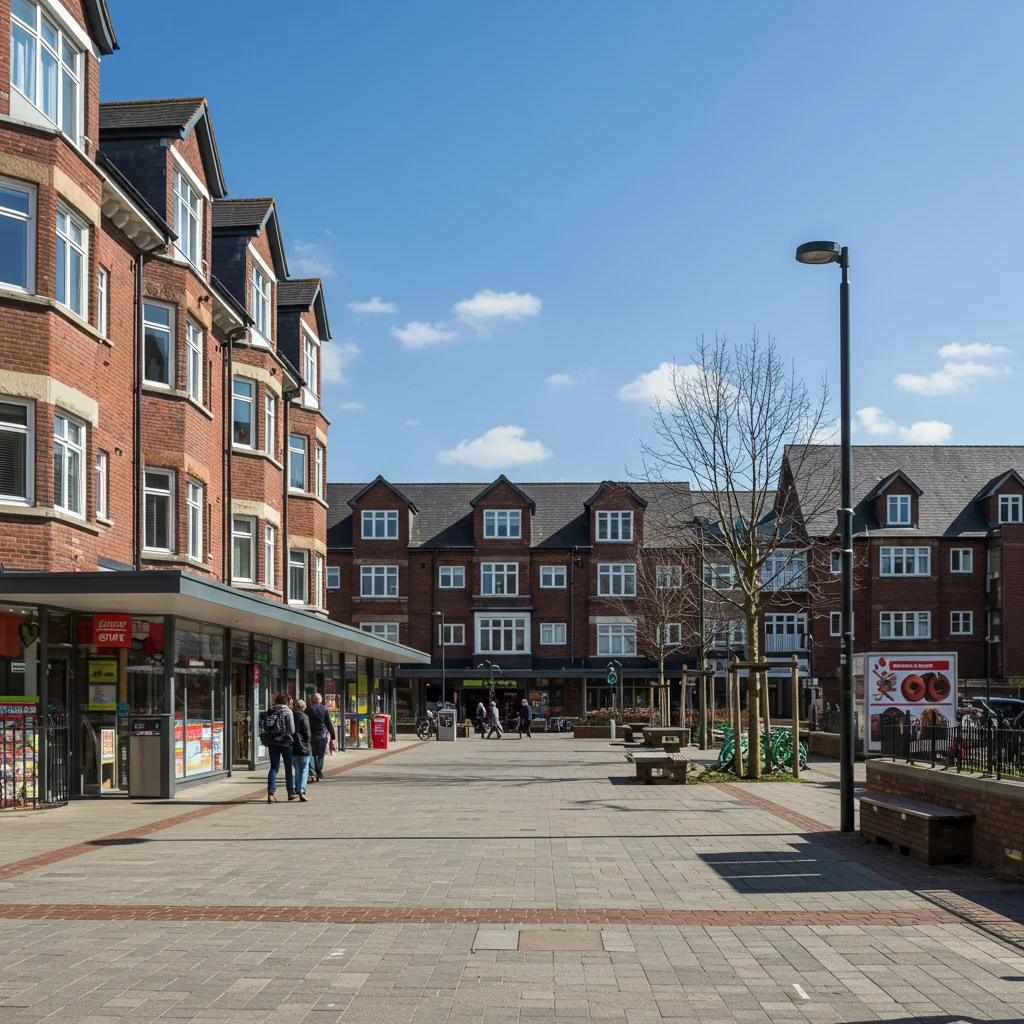
Food and Drink Options
Small cafes and food stalls offer snacks, juices, and traditional Brazilian treats. We recommend fueling up before or after your hike, as there are no vendors along the trail itself.
Restrooms and Changing Facilities
Public restrooms and changing rooms are located near the start of the trail. Facilities are basic but clean, making them suitable for a quick freshen-up before heading back to the city.
Where to Stay Near Pedra do Telégrafo
Several accommodation options are available in Barra de Guaratiba and surrounding neighborhoods, catering to a range of preferences and budgets.
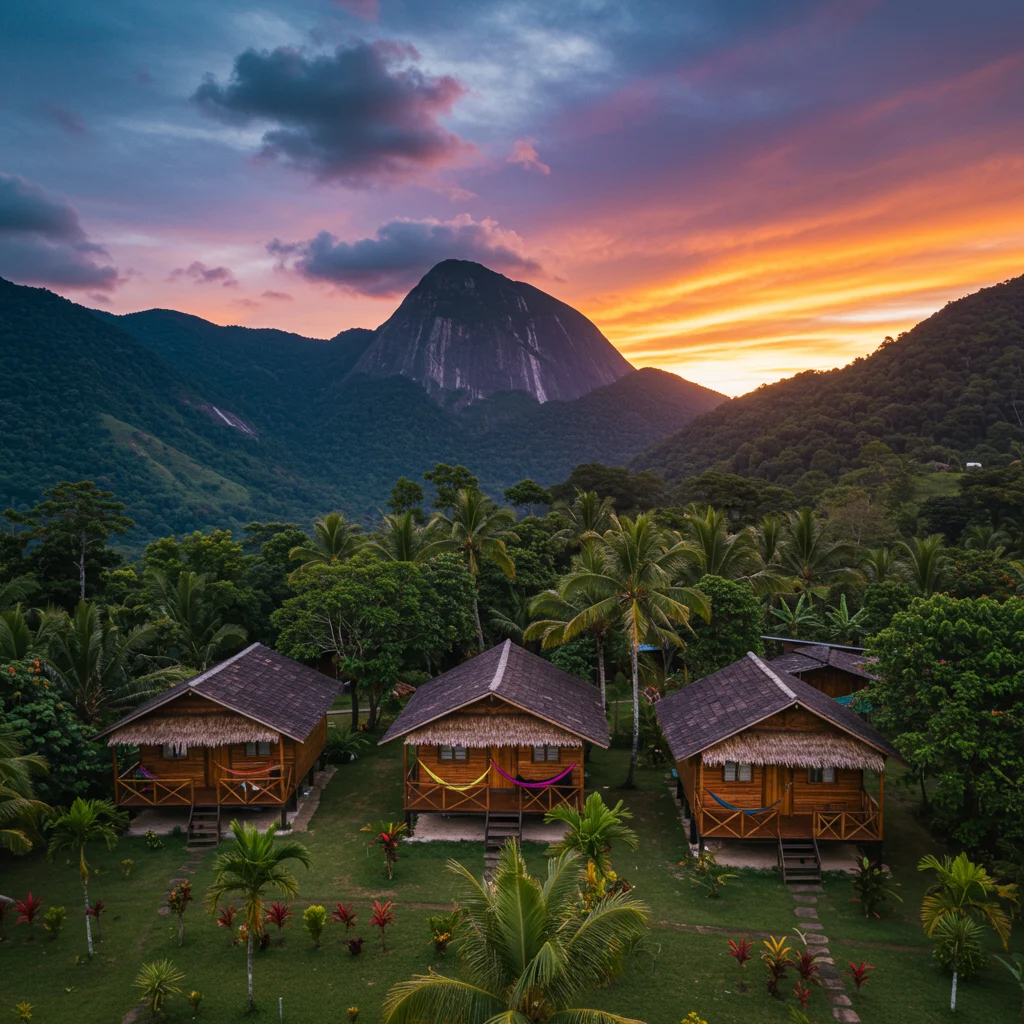
Recommended Hotels and Guesthouses
Local guesthouses offer a cozy, authentic experience, often with homemade breakfasts and friendly hosts. Some hotels provide shuttle services to the trailhead, adding convenience to your adventure.
Local Homestays and Airbnb Options
Homestays and Airbnb rentals are popular among visitors seeking a more personal touch. Many listings feature ocean views, balconies, and easy access to the beach.
Other Attractions Near Pedra do Telégrafo
The area around Pedra do Telégrafo is rich in natural beauty and cultural experiences, making it worth spending extra time exploring the region.
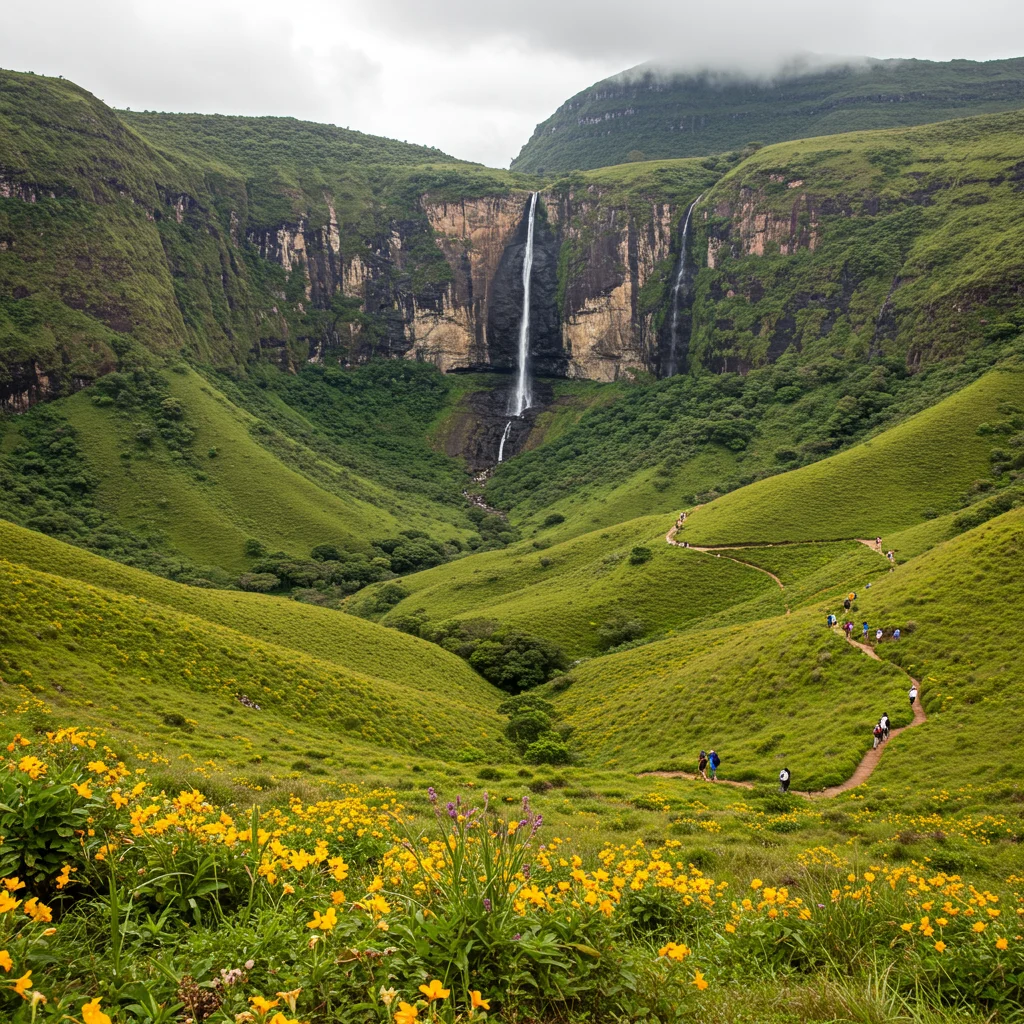
Exploring Barra de Guaratiba
This laid-back neighborhood is famous for its seafood restaurants, art galleries, and relaxed beach vibe. Stroll the waterfront, sample local dishes, or browse handmade crafts in the markets.
Nearby Beaches and Nature Spots
Barra de Guaratiba is a gateway to pristine beaches like Grumari, Prainha, and Praia do Meio. Each offers soft sand, gentle waves, and a tranquil atmosphere—perfect for unwinding after your hike.
Responsible Tourism and Environmental Impact
With its growing popularity, Pedra do Telégrafo faces challenges related to crowding and environmental preservation. Visitors play a vital role in protecting this unique spot for future generations.
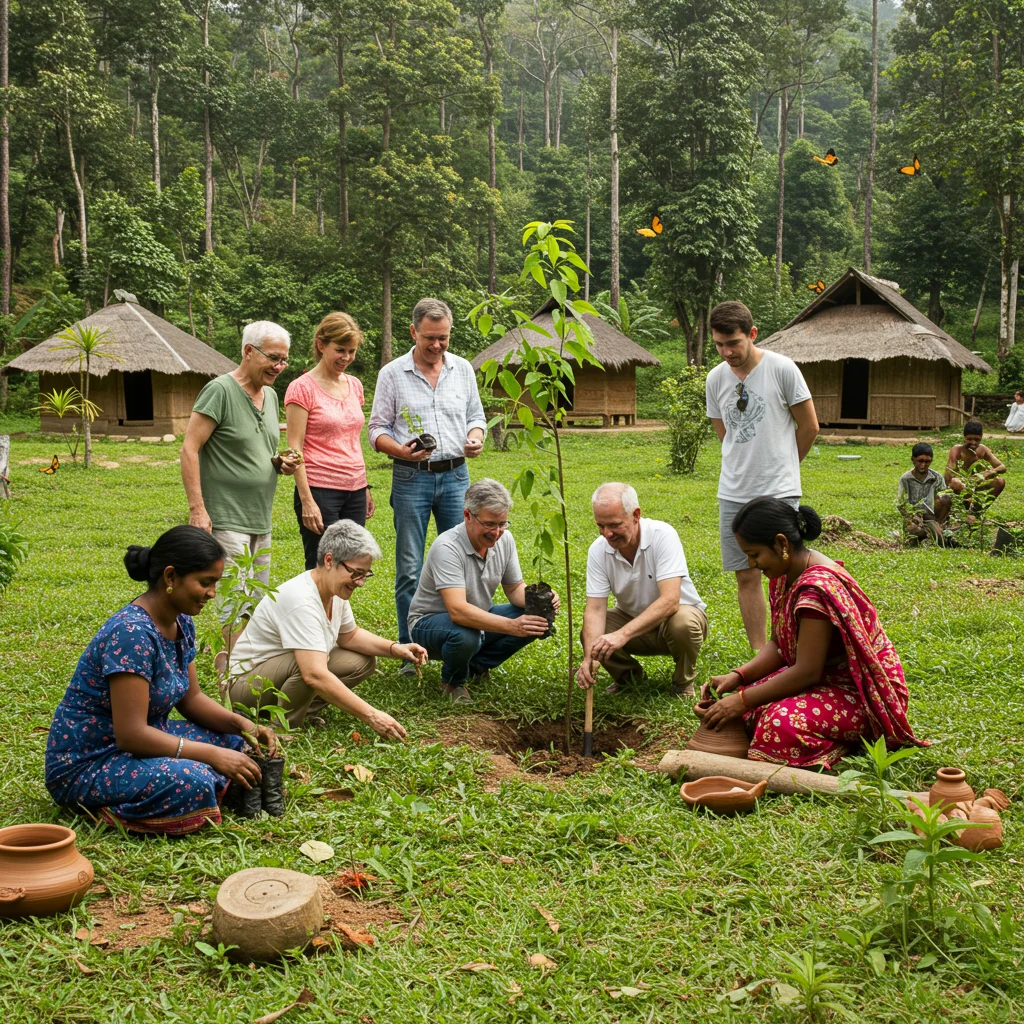
How to Minimize Your Footprint
Carry out all trash, stay on marked trails, and avoid disturbing wildlife. Use refillable water bottles and biodegradable products whenever possible. Respect posted signs and local guidelines.
Supporting Local Communities
Support nearby businesses by purchasing food, souvenirs, or services from local vendors. Engaging with the community helps sustain the region and ensures a warm welcome for future travelers.
Frequently Asked Questions About Pedra do Telégrafo
We address some of the most common queries from visitors planning a trip to this iconic site.
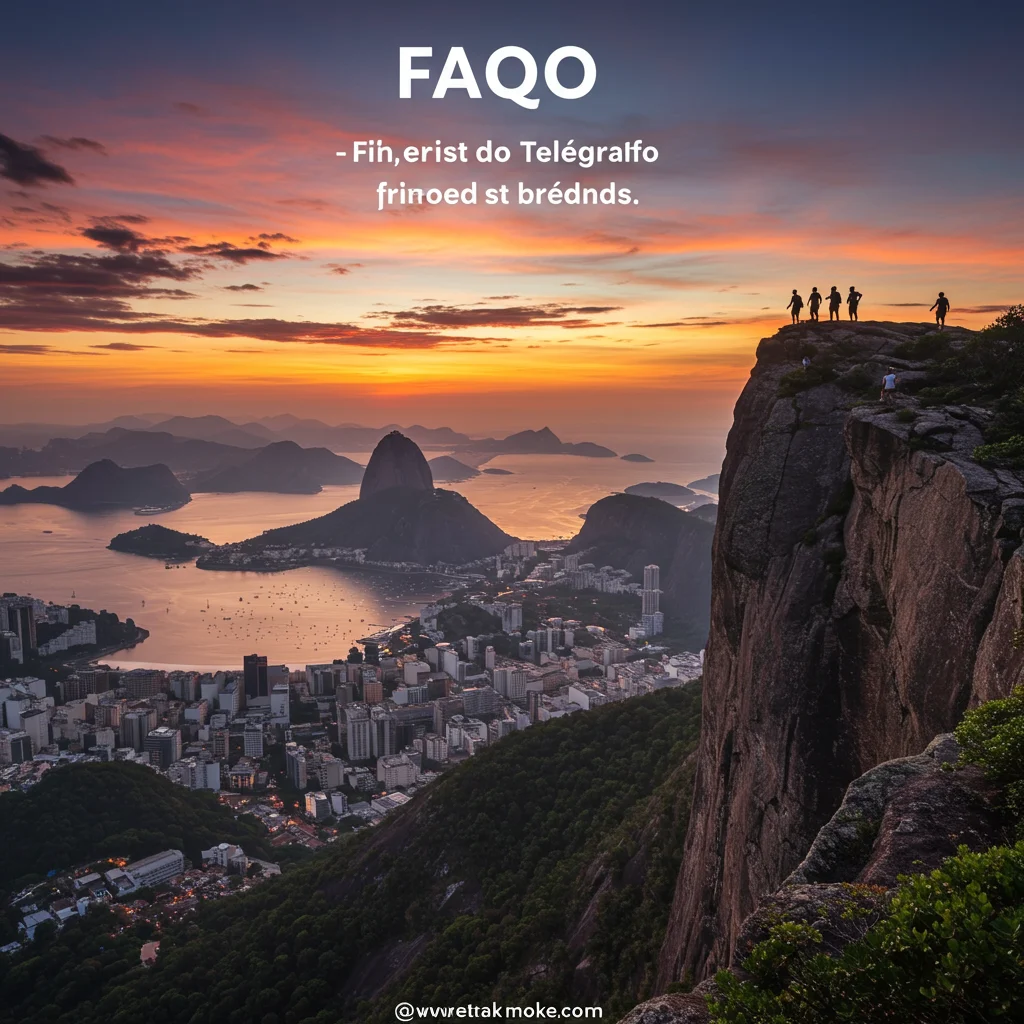
Is the Cliff Photo Dangerous or Fake?
The illusion photo is safe for careful visitors and is not as risky as it appears. The ledge is close to the ground, and most injuries occur when basic precautions are ignored. The effect is achieved entirely through camera angles—no digital manipulation is necessary.
Do You Need a Guide for the Hike?
A guide is not required, but first-time visitors may benefit from hiring one, especially if unfamiliar with hiking in the region. Guides can provide insights, assist with photos, and enhance the overall experience.
Are Drones Allowed at Pedra do Telégrafo?
Drone use is restricted within the park. Always check current regulations and obtain necessary permits before flying, as local authorities may confiscate unauthorized equipment.
Tips from Locals: Making the Most of Your Visit
Local knowledge can help transform your visit from ordinary to extraordinary. We gathered advice from residents and frequent visitors to help you get the most out of your Pedra do Telégrafo adventure.
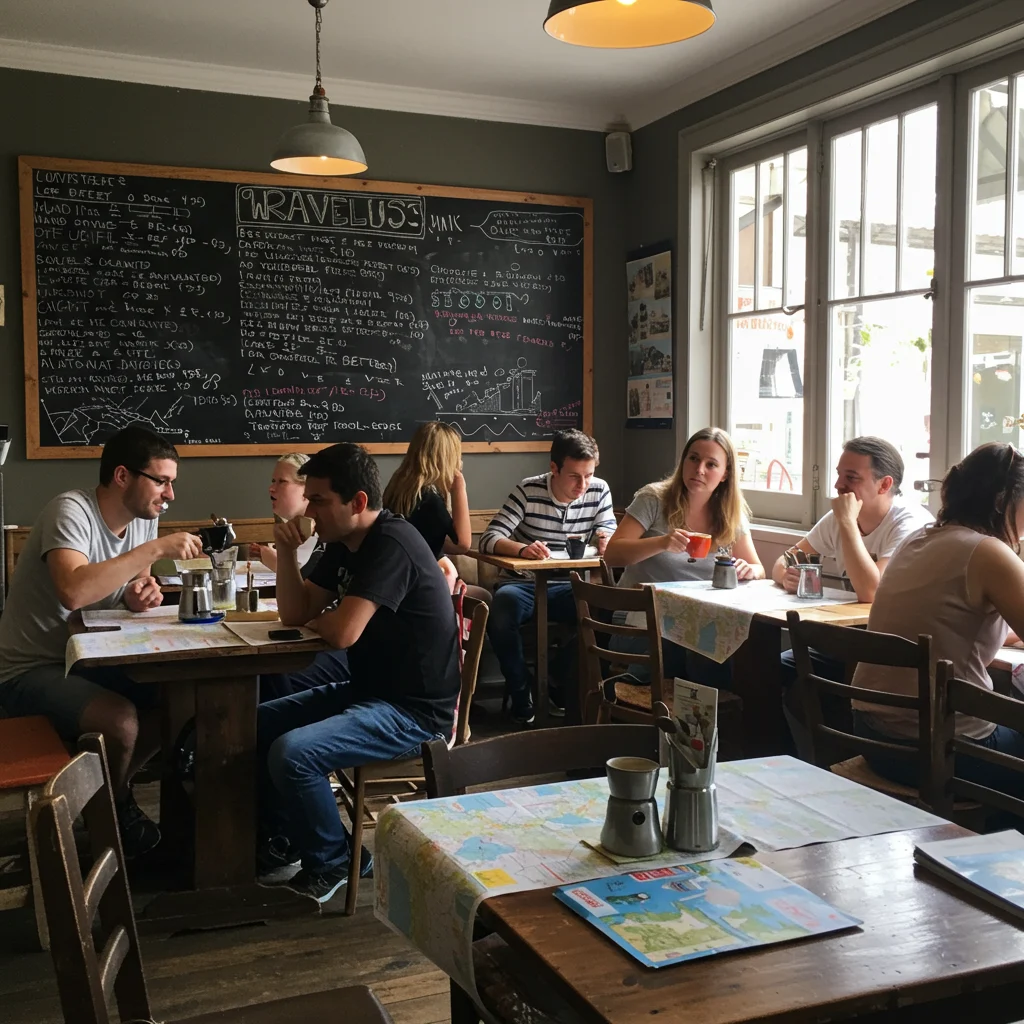
What Do Locals Recommend for First-Timers?
Arrive early, bring plenty of water, and don’t rush your photo session. Take time to appreciate the view, interact with fellow hikers, and savor the journey as much as the destination.
Common Mistakes to Avoid
Avoid visiting during midday heat, forgetting sun protection, or underestimating the hike’s difficulty. Don’t leave valuables unattended, and be patient if lines form for the illusion photo. For more tips on maximizing your adventure, consider reading about other tourist highlights in South America as well.
Conclusion: Is Pedra do Telégrafo Worth Visiting?
Pedra do Telégrafo offers a rare combination of natural beauty, adventure, and the chance to create a truly unique photograph. The hike rewards visitors with breathtaking views and a sense of accomplishment, while the photo itself becomes a cherished keepsake.
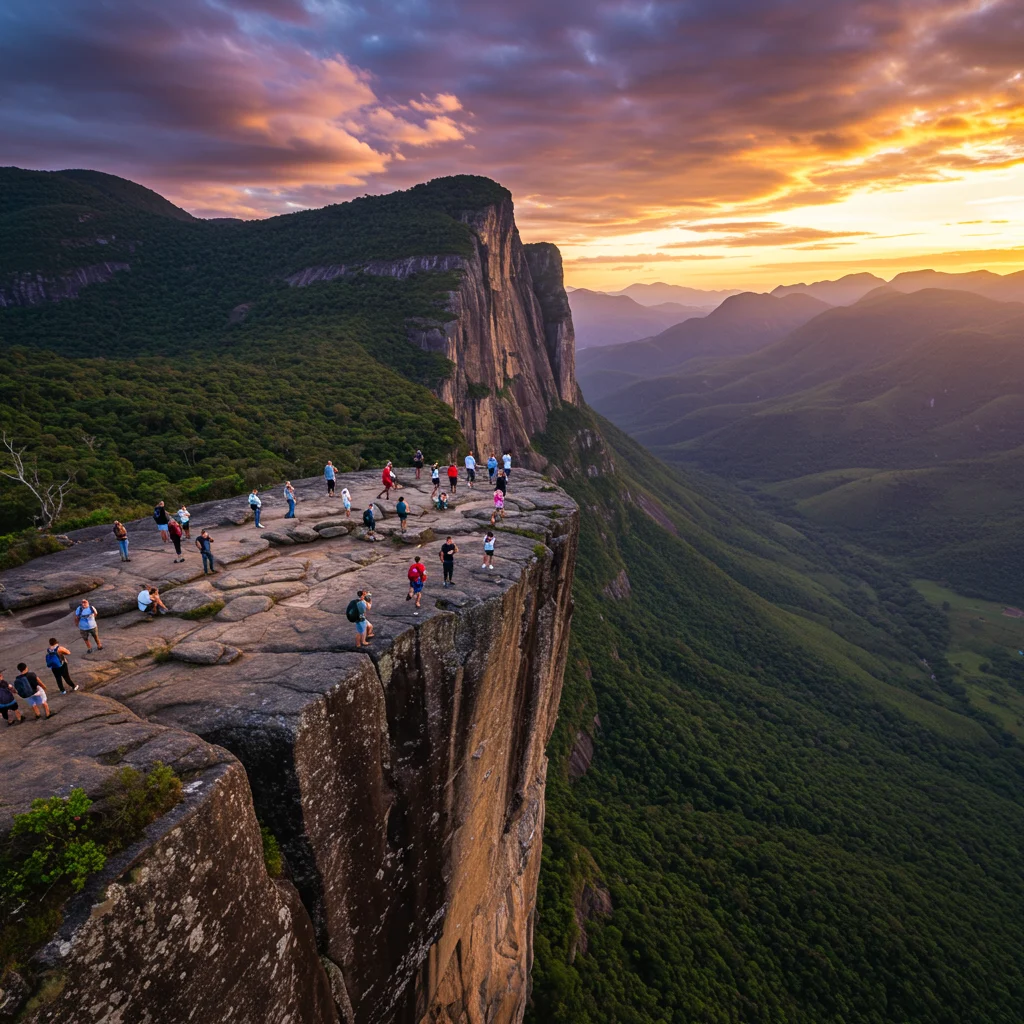
Whether you’re a seasoned explorer or a casual traveler, this site delivers an experience that is both accessible and unforgettable.
Final Thoughts and Travel Inspiration
Pedra do Telégrafo stands as a testament to the power of perspective—reminding us that sometimes, the most incredible experiences come from seeing the familiar in a new light. As you plan your next adventure, let Zeosh inspire your journey with expert advice, travel stories, and trusted recommendations at zeosh.com. Every destination holds its own magic—sometimes, all it takes is the right angle to reveal it.









